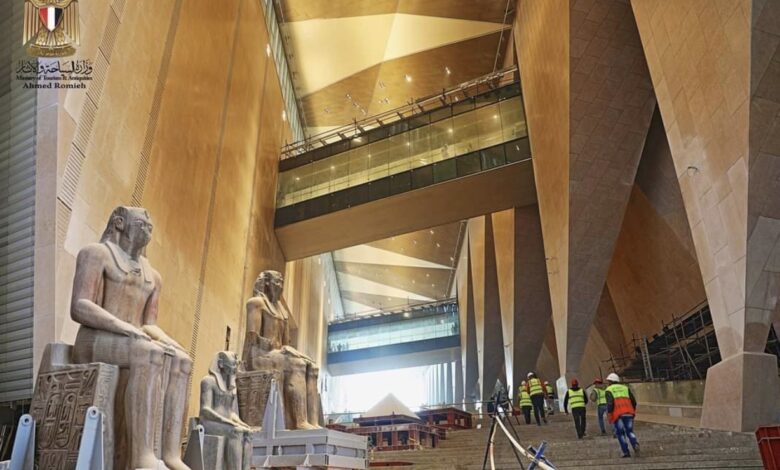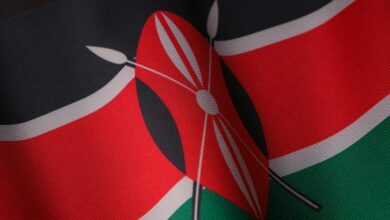
CAIRO, Nov 2 (MENA) – The inauguration of the Grand Egyptian Museum was not merely a cultural celebration but a historic national event that rekindled a collective sense of pride, unity, and awareness among Egyptians, reaffirming the country’s timeless role as the cradle of civilization, MENA’s diplomatic editor wrote.
The ceremony transcended its artistic and cultural dimensions, becoming a moment of national consciousness that countered weeks of orchestrated online campaigns aimed at undermining Egyptian pride and unity ahead of the event.
From homes across Egypt and among communities abroad, millions of Egyptians felt part of a monumental moment that restored their country’s rightful place on the global stage. The essence of the evening was captured in President Abdel Fattah El Sisi’s words: “Egypt does not only possess history. It possesses the spirit that makes history.”
As Egyptians watched President Sisi lead world leaders and dignitaries through the museum’s halls, pride and admiration filled the air. Awe-struck guests stood before the colossal statue of Ramses II and the golden mask of Tutankhamun, marveling not just at the treasures themselves but at the enduring resilience of a nation that continues to protect and honor its ancient legacy.
The editor noted that Egyptians’ reactions throughout the evening reflected deep national awareness. They viewed the event not as a spectacle but as a reaffirmation of Egypt’s unity and pride, dismissing attempts to stir controversy as trivial distractions unworthy of the occasion.
The opening also carried a powerful diplomatic message to the world. Delegations from 79 countries attended, signaling renewed global recognition of Egypt’s cultural leadership and its unmatched contribution to human civilization.
Even recent remarks by former US President Donald Trump, acknowledging Egypt as the world’s oldest civilization, echoed this recognition of Egypt’s enduring stature.
Now that the Grand Egyptian Museum stands as a living reality; a symbolic capital of global culture and heritage, Egypt’s mission is to build upon this momentum. The President’s vision, articulated during his speech, calls for transforming the museum into a universal beacon of culture, art, and humanity.
Achieving that vision, the editor emphasized, requires broad social engagement, school visits, educational tours, and community participation, so that every Egyptian, from children to workers, feels personally connected to the legacy the museum embodies.
Internationally, Egypt’s diplomacy continues to promote the museum as a global platform for intercultural dialogue, reinforcing the message that Egypt’s contribution to humanity is not confined to its past but extends boldly into the future.
Egypt, the editor concluded, emerged from that night of celebration like the sun breaking through clouds; radiant, steadfast, and ever-present in the conscience of the world. It was not simply an archaeological milestone, but the rebirth of a collective Egyptian consciousness and the reaffirmation of a civilization that refuses to fade. (MENA)




